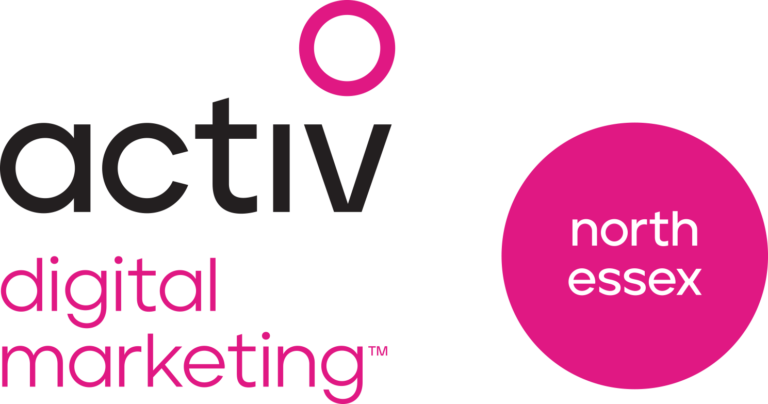Businesses often debate whether they should focus on building a website or rely solely on social media for their online presence. While social media platforms offer an accessible way to engage with customers and promote products, having a dedicated website is essential for building credibility, authority, and long-term growth. In fact, websites and social media complement each other, and both play vital roles in a well-rounded digital marketing strategy.
Why a Website is Essential
Ownership and Control
One of the key differences between a website and social media is ownership. When you have a website, it belongs to you, and you have full control over its content, design, and functionality. On the other hand, social media platforms are owned by third parties, and their algorithms, policies, and features can change at any time, potentially limiting your reach or even removing your content.
A website allows you to establish a professional online presence that can’t be altered by external forces. You have the freedom to design it according to your brand’s identity, and it acts as the central hub for all your online activities.
Credibility and Professionalism
SEO and Search Engine Visibility
In-Depth Content and Information
Lead Generation and Conversion
The Role of Social Media
Audience Engagement and Interaction
Brand Awareness and Reach
Social media helps you reach a wider audience quickly. Platforms like Facebook and Instagram allow you to promote your brand through paid ads, organic posts, and influencer marketing. Social sharing makes it easy for followers to spread the word about your business, potentially reaching people who wouldn’t have found you otherwise.
Targeted Advertising
Content Sharing
How Websites and Social Media Work Together
When used together, a website and social media create a cohesive online presence that enhances brand visibility and business growth. Here’s how they complement each other:
Traffic Generation: Social media can drive traffic to your website by sharing links to blogs, products, and services. Conversely, your website should prominently display social media icons to encourage visitors to follow you on social media for more updates.
Brand Consistency: Your website and social media profiles should reflect the same brand identity, ensuring consistency in messaging, tone, and visuals. This creates a unified experience for users, whether they find you on Facebook or Google.
Building Trust: Social media interactions show that your business is active and responsive, while your website acts as the anchor, providing more detailed information and a space for secure transactions. Together, they build credibility and trust with your audience.
In the battle of website vs. social media, it’s clear that both are essential components of a successful digital marketing strategy. While social media excels at engagement and outreach, your website remains the foundation of your online presence.
Together, they create a powerful combination that drives traffic, builds trust, and converts leads into loyal customers. Investing in both platforms is crucial to growing your business in the digital world.
We can help, just contact us here



